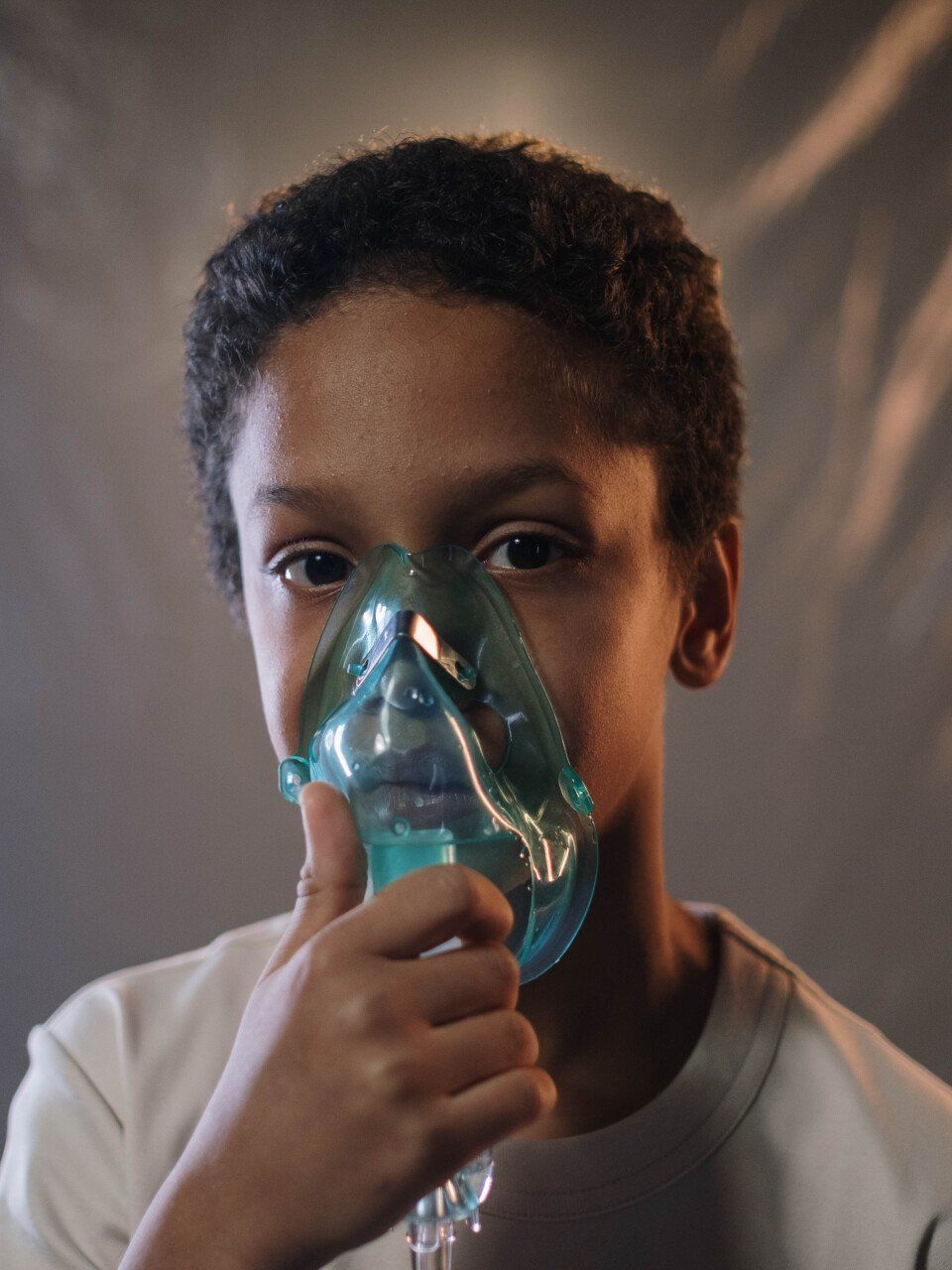Asthma
Asthma Treatment and Management
Asthma is a chronic disease that causes a person’s airways to become swollen or inflamed, tightening the muscles around airways and making it difficult for air to come in and out of your lungs – causing patients to cough, wheeze and experience chest tightness and shortness of breath.
At St. Hope Healthcare, our primary care physicians work with respiratory therapists to create personalized treatment plans tailored to meet the needs of patients with asthma. We’ll provide you with the equipment and management techniques you need to breathe easier.
What Causes Asthma?
Asthma can be triggered by a variety of factors. Many experience asthma from allergies, reacting to pollen, pet dander and dust. Others can have their asthma activated by stress, cold air and exercise. Occasionally, individuals can have their asthma triggered by their work environment, especially if they’re inhaling fumes or interacting with harmful substances.
Risk Factors for Asthma
- Family history
- Allergies
- Obesity
- Smoking
- Exposure to secondhand smoke
- Exposure to exhaust fumes or other types of pollution
Common Types of Tests to Diagnose Asthma
Spirometry: During spirometry, a patient breathes into a spirometer to measure how much air they can inhale and exhale and how fast.
Peak Flow Meter: A peak flow meter is a device that measures how hard you can breathe out. If your readings show your peak flow is lower than normal, it’s typically a sign that your lungs aren’t working properly, indicating that either you have asthma or your asthma is getting worse.
Methacholine Challenge: In the methacholine challenge, patients inhale different stimuli to test how reactive their lungs are to changes in the environment.
Nitric Oxide Tests: Nitric oxide tests are used to detect inflammation in the airways caused by eosinophils, a type of white blood cell that increases in number during allergic reactions and asthma attacks.
Asthma Management and Prevention
While asthma is a chronic condition, its prognosis can be favorable with the right treatment and strategies to manage symptoms and prevent asthma attacks. Avoiding triggers, using emergency inhalers and in some cases taking long-term asthma control medications, such as inhaled corticosteroids, leukotriene modifiers and long-acting beta-agonists, can help prevent symptoms.
Even with effective management, patients may still experience asthma attacks. You should seek immediate medical help if:
- You experience severe wheezing and coughing that doesn’t improve after using an inhaler.
- You’re having trouble walking or talking due to shortness of breath.
- You notice your lips or fingernails turning blue.
What Are the Different Types of Inhaler Devices?
Metered-Dose Inhalers (MDIs): The most common type of inhaler, MDIs are handheld aerosol canisters that propel short puffs of medication. Examples include Albuterol and Fluticasone/Salmeterol. It’s critical to remember that each puff is one dose – if you need another dose, wait at least one minute prior to reuse.
Soft Mist Inhalers (SMIs): A newer type of inhaler, SMIs deliver the medication in a slow-moving soft mist that allows for easier, slower inhalation. Other than having a longer medication inhalation period, using an SMI is essentially identical to an MDI.
Nebulizers: Nebulizers are similar to SMIs, as both convert the medication into a mist. However, while SMIs are handheld devices, nebulizers are electric or battery-powered mouthpieces that dispense medication for up to 20 minutes.
Dry Powder Inhalers (DPIs): DPIs are disk-shaped, handheld devices that dispense medication in a powdered form without a mechanism or propellant. Patients take a deep breath before forcefully inhaling the powder and holding their breath. These are typically only recommended to patients who may struggle with the hand-breath coordination required with other devices, such as young children or older adults, and those who are sensitive to propellants.
Receive Prompt Treatment and Expert Guidance From Experienced Healthcare Providers Who Will Help You Breathe Easier All Year Long
At St. Hope Healthcare, we ensure that our patients undergo prompt diagnostics for breathing challenges and are prescribed the best asthma treatment and management medications and devices for their unique condition. Our patient-oriented care helps ensure each Houston-area resident who visits one of our clinics receives the effective asthma treatment they deserve.
Call (713) 778-1300 to schedule an appointment today.




